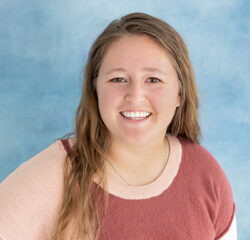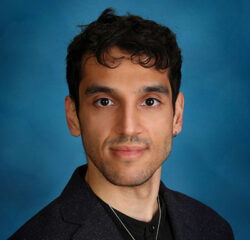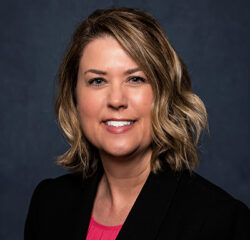There is a valuable tool called Residency Explorer, created by the AAMC. You can access it by going to www.aamc.org > Students and Residents > Applying to Residency > Researching Residency Programs and Building an Application Strategy > Explore Residency Programs. It will provide a list of programs in your desired specialty, as well as how your credentials compare to those of residents in the program.
At RVU, career planning begins at admissions and continues through medical school.
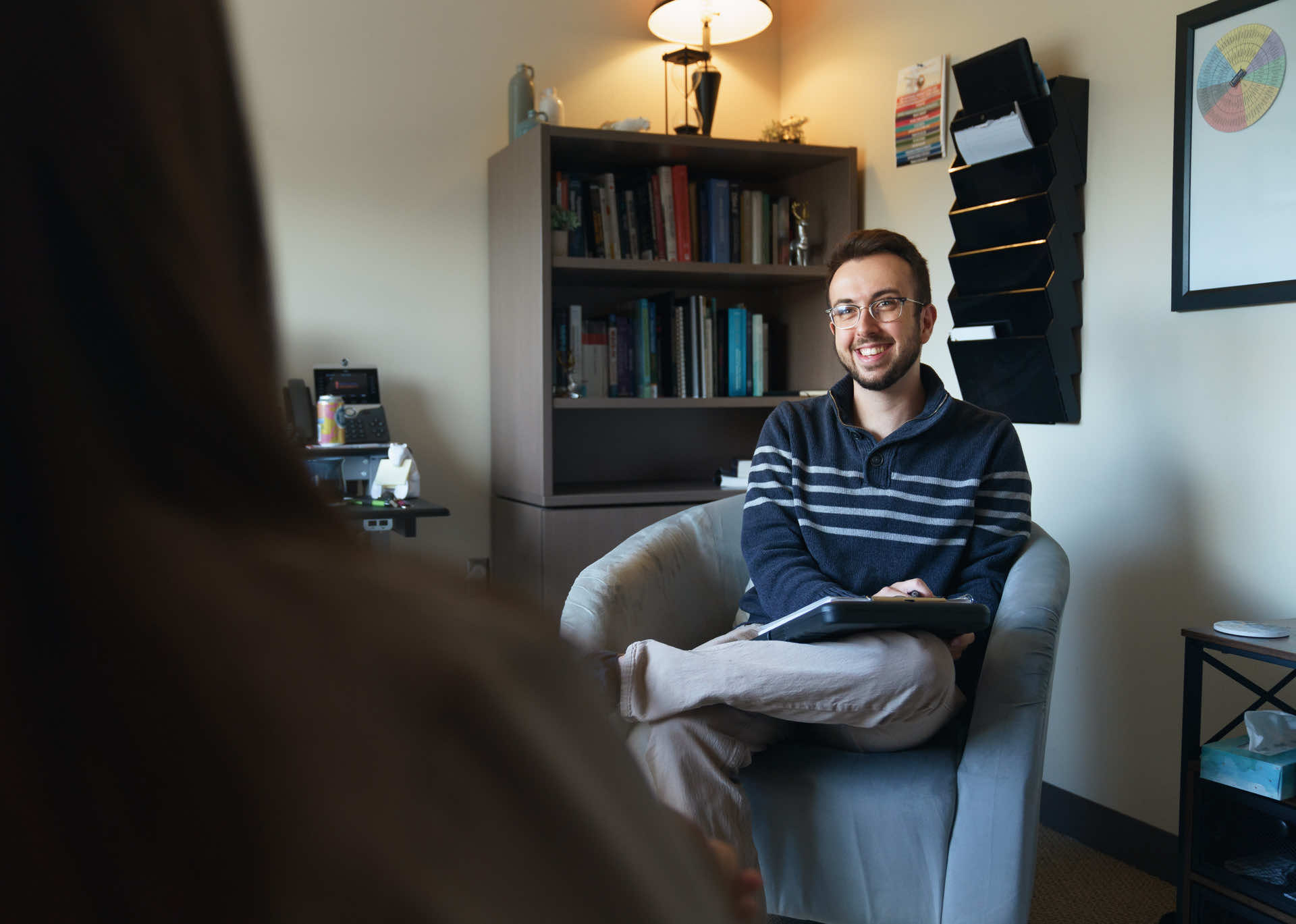
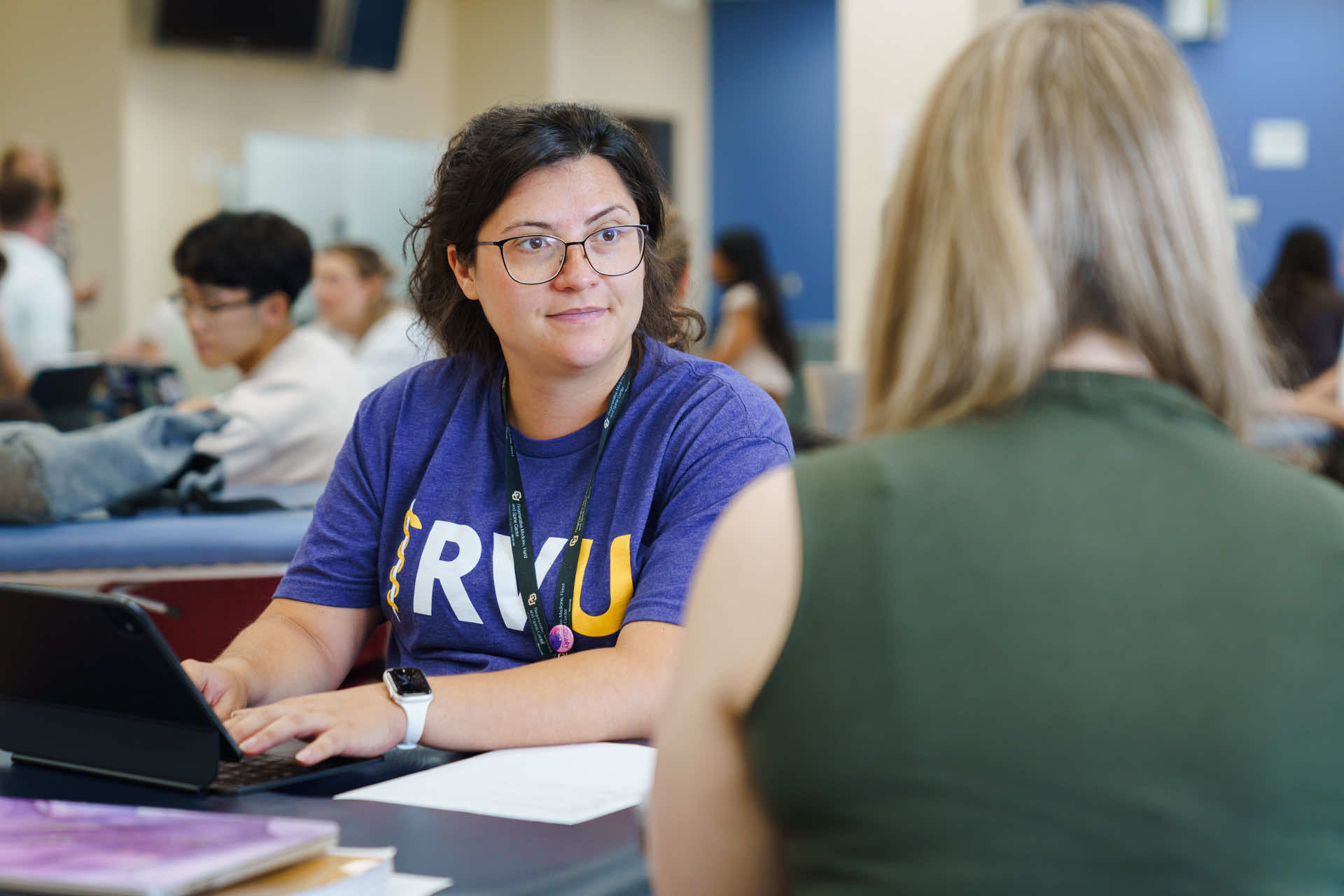
Chart Your Path
Career counselors work collaboratively with students to answer questions and concerns regarding the career decision-making process
Individualized career counseling sessions help students select specialties, create CVs and ePortfolios in their pre-clinical years, and prepare for audition externships, interviews, and residency during clinical years. Students are directed to useful resources to achieve professional goals and develop meaningful careers
The Professional Development Puzzle
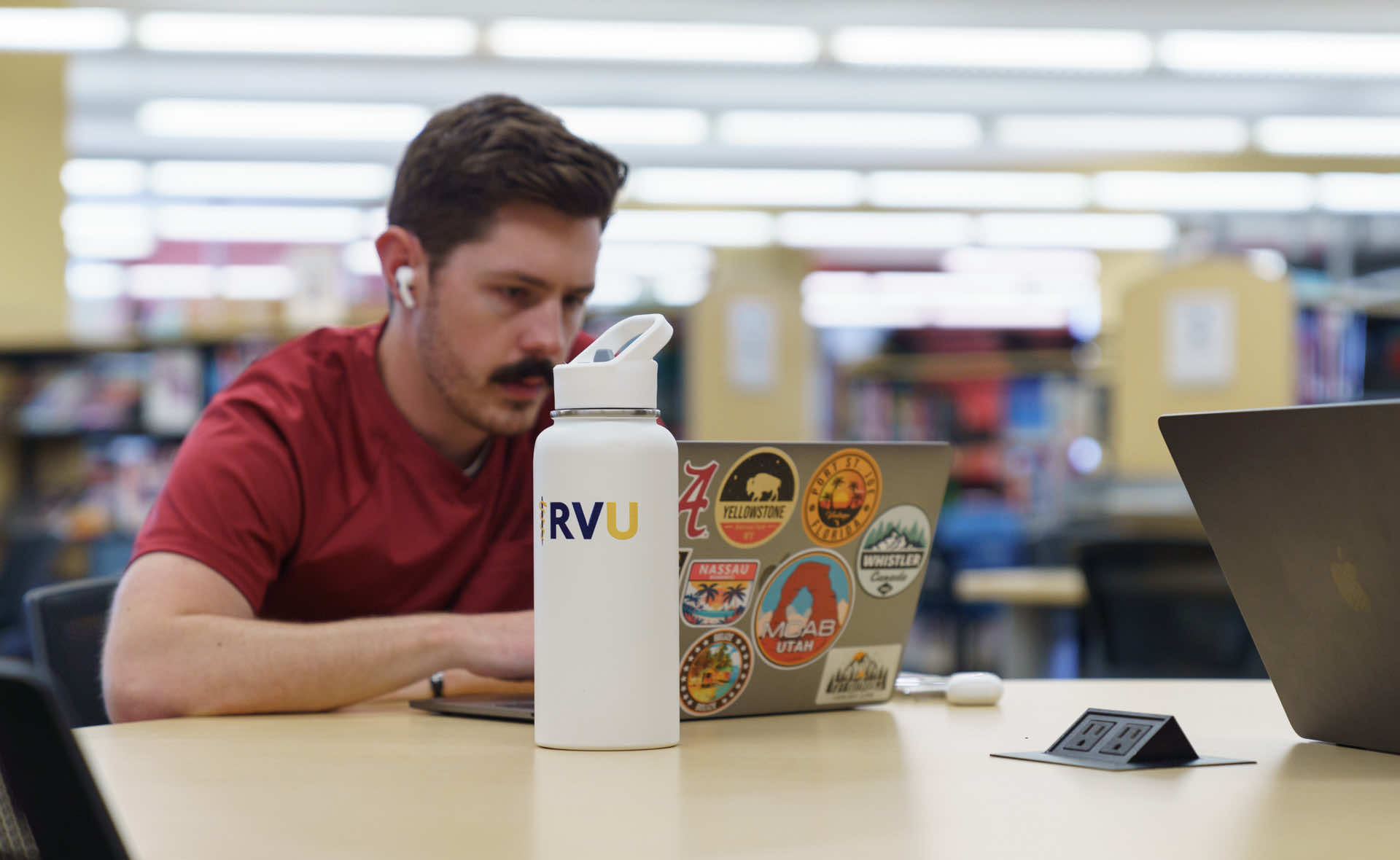
Resiliency
Adapting to difficult situations even when it is challenging.
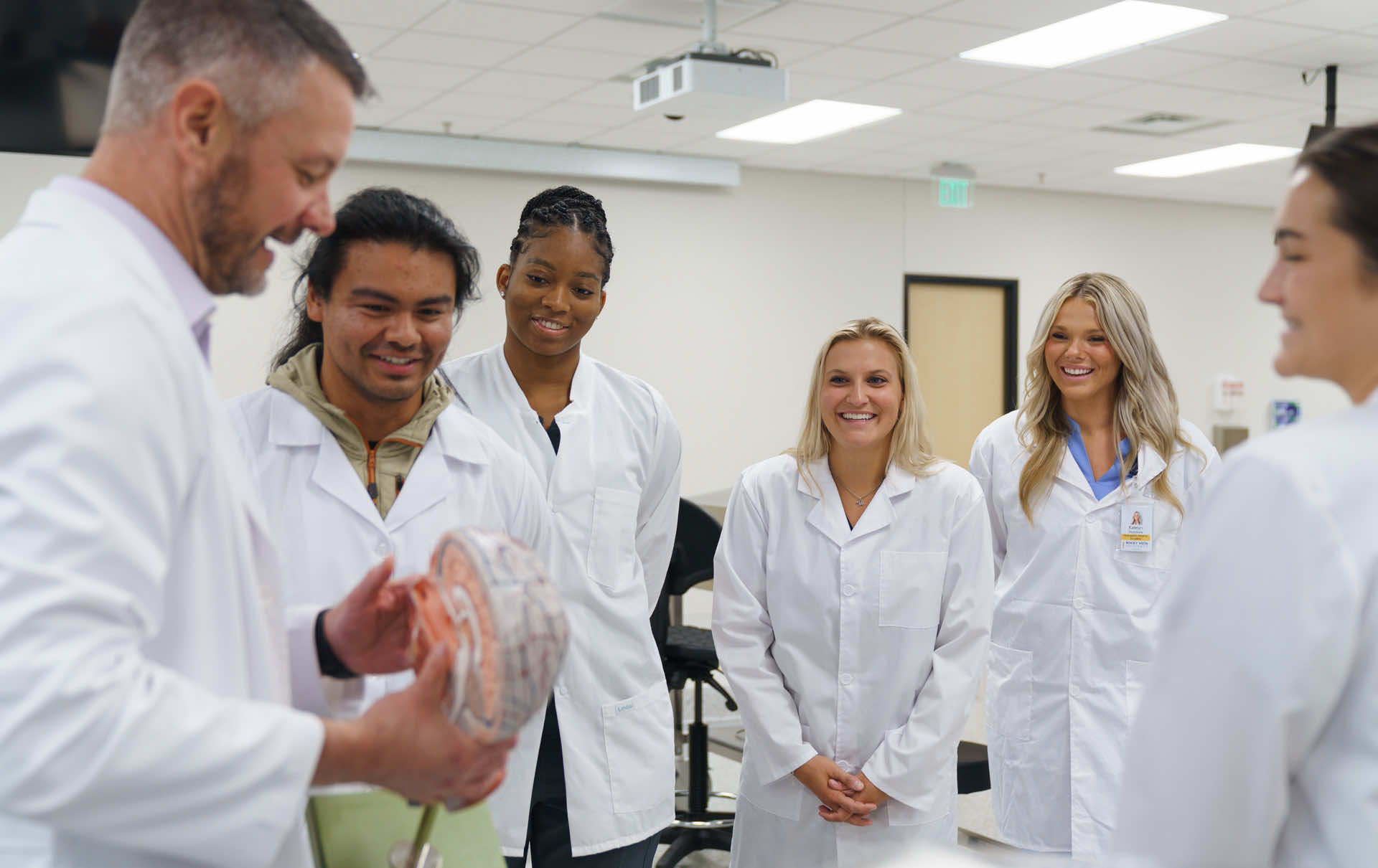
Equity & Inclusion
Analyzing the ethical and moral issues related to diversity, equity, or inclusion present in complex health care.
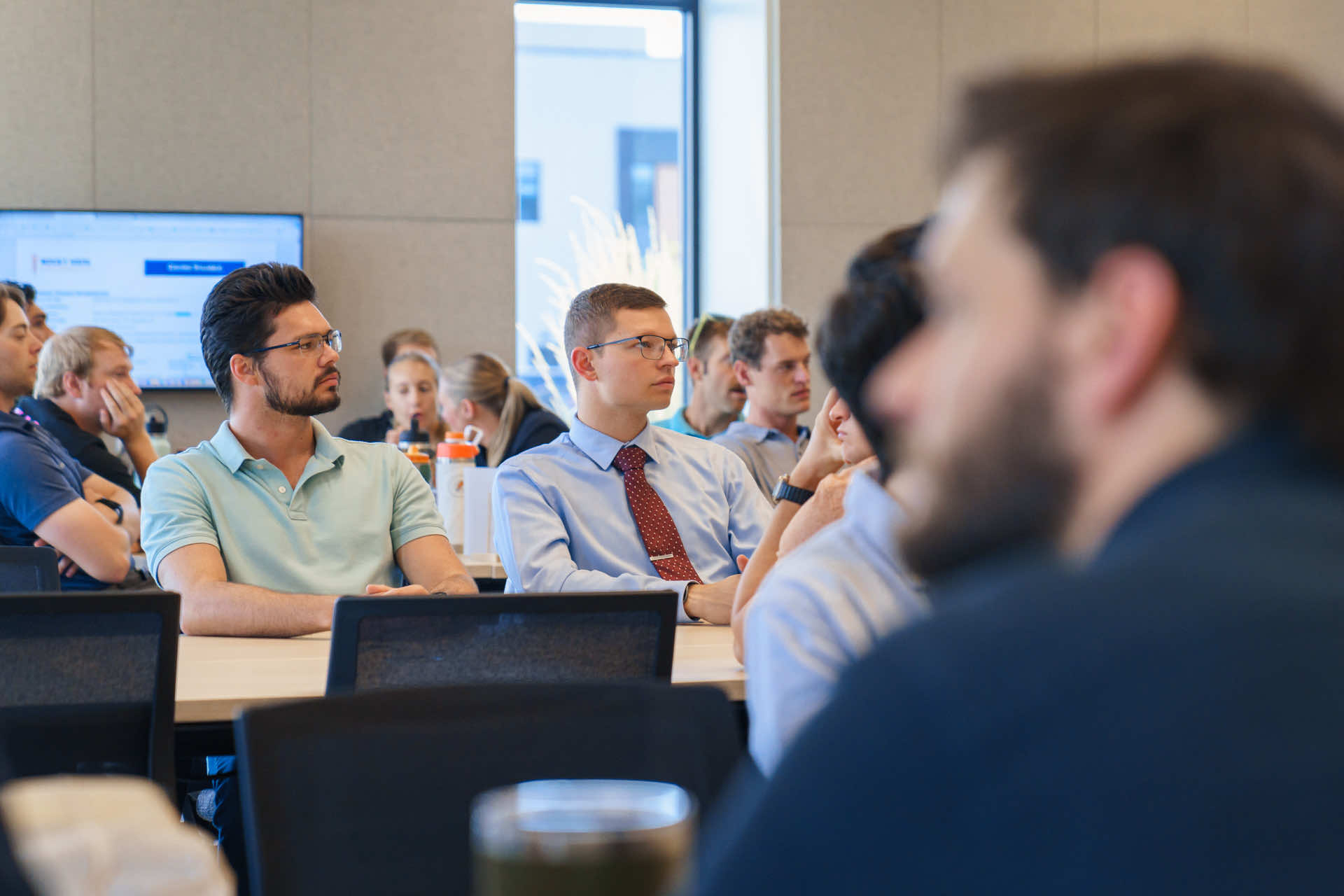
Collegiality
Mutual respect, collaboration, and the open exchange of ideas advance mutual goals and facilitate individual growth.
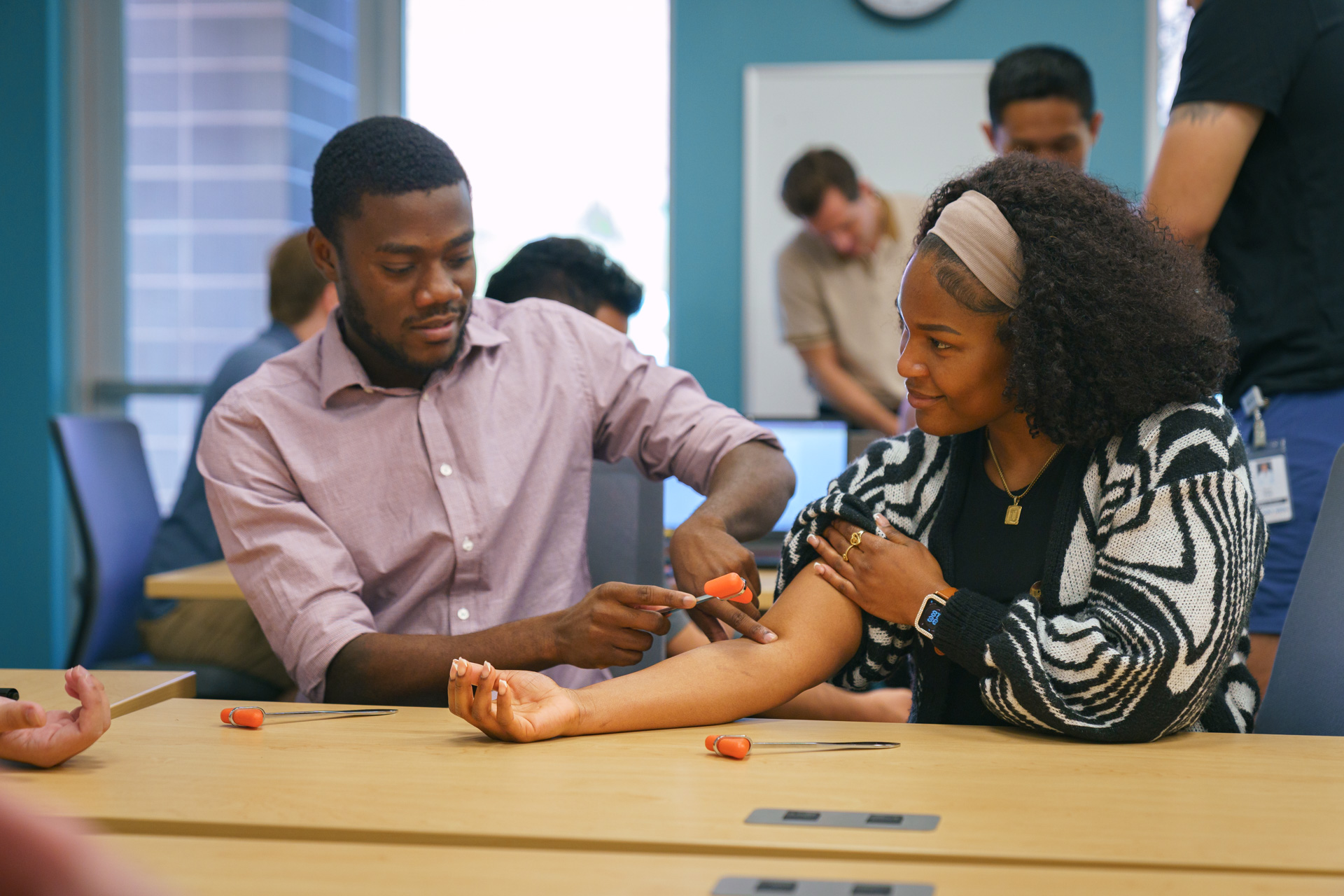
Cultural Awareness
Seeing every patient as an individual, frame communication with respect to diversity of learning styles, varied individual communication abilities, and cultural differences.
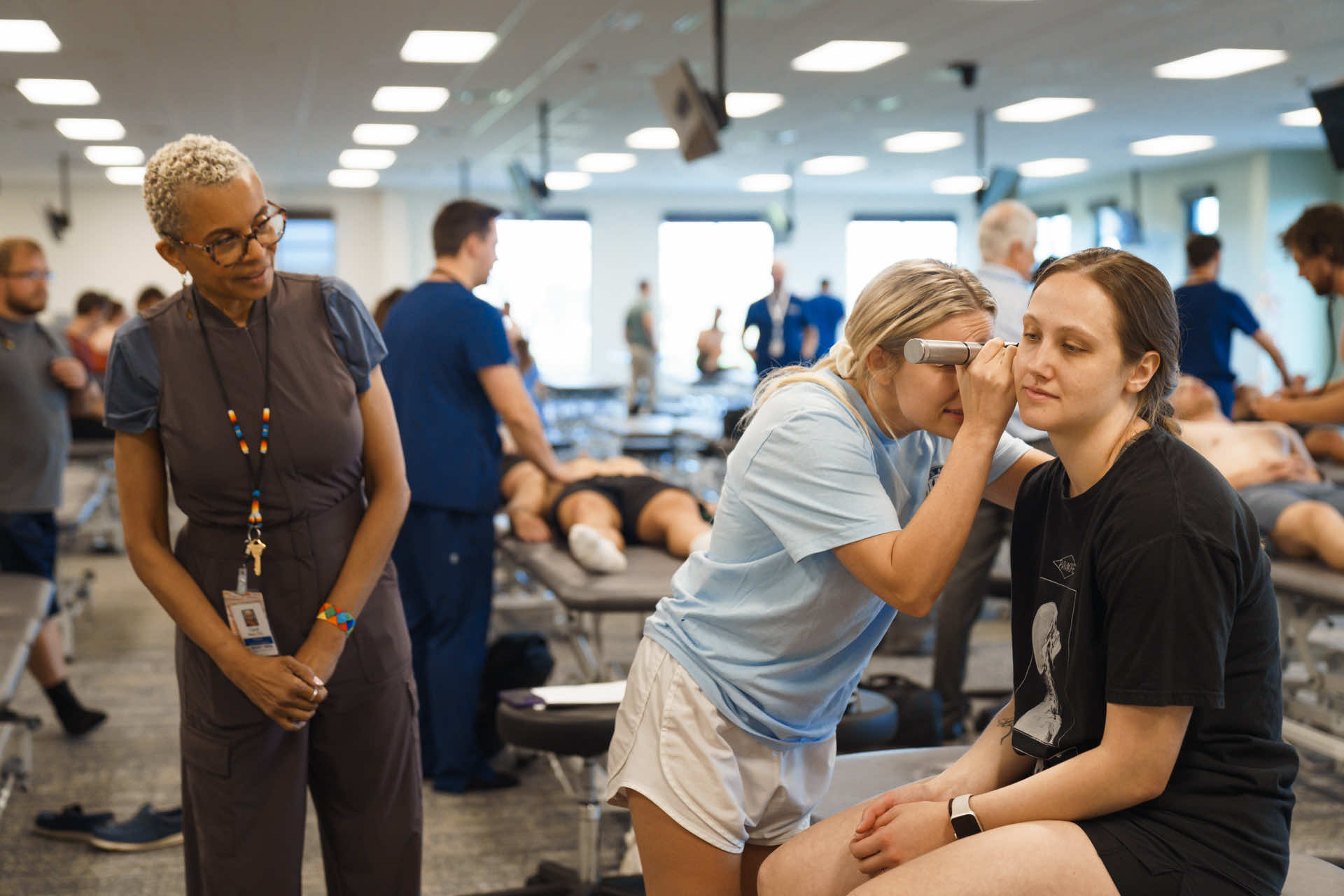
Service
Through active service, we support one another and seek to meet the needs of the larger community, with a willingness to be engaged in the needs of others, the organization, and the self.
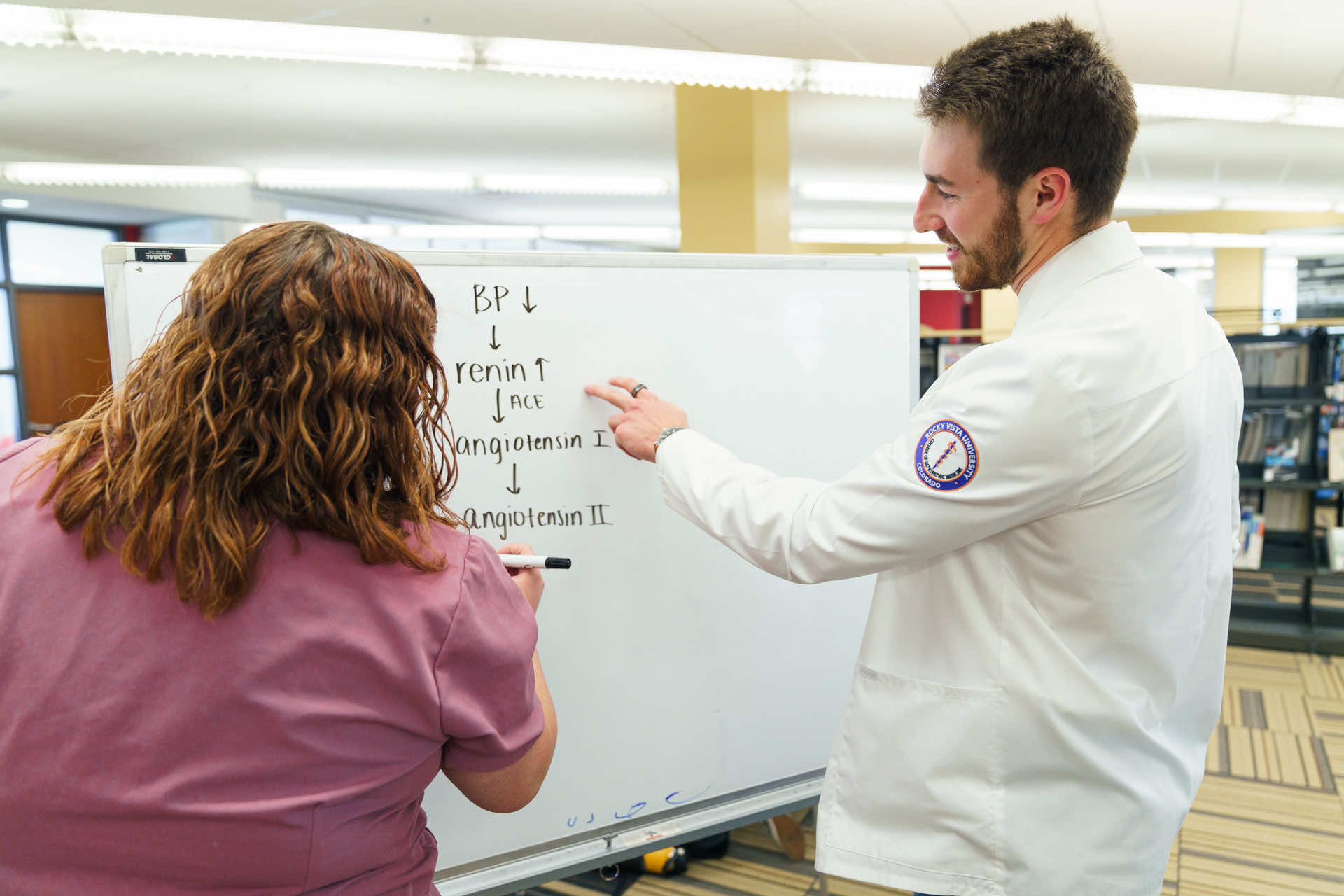
Dependability
Even as a professional it is impossible to 100% perfect 100% of the time. Being late for a couple meetings does not mean you are no longer dependable when you’ve already shown it. Demonstrating dependability means: Consistency, Timeliness, and Manageable attitude.
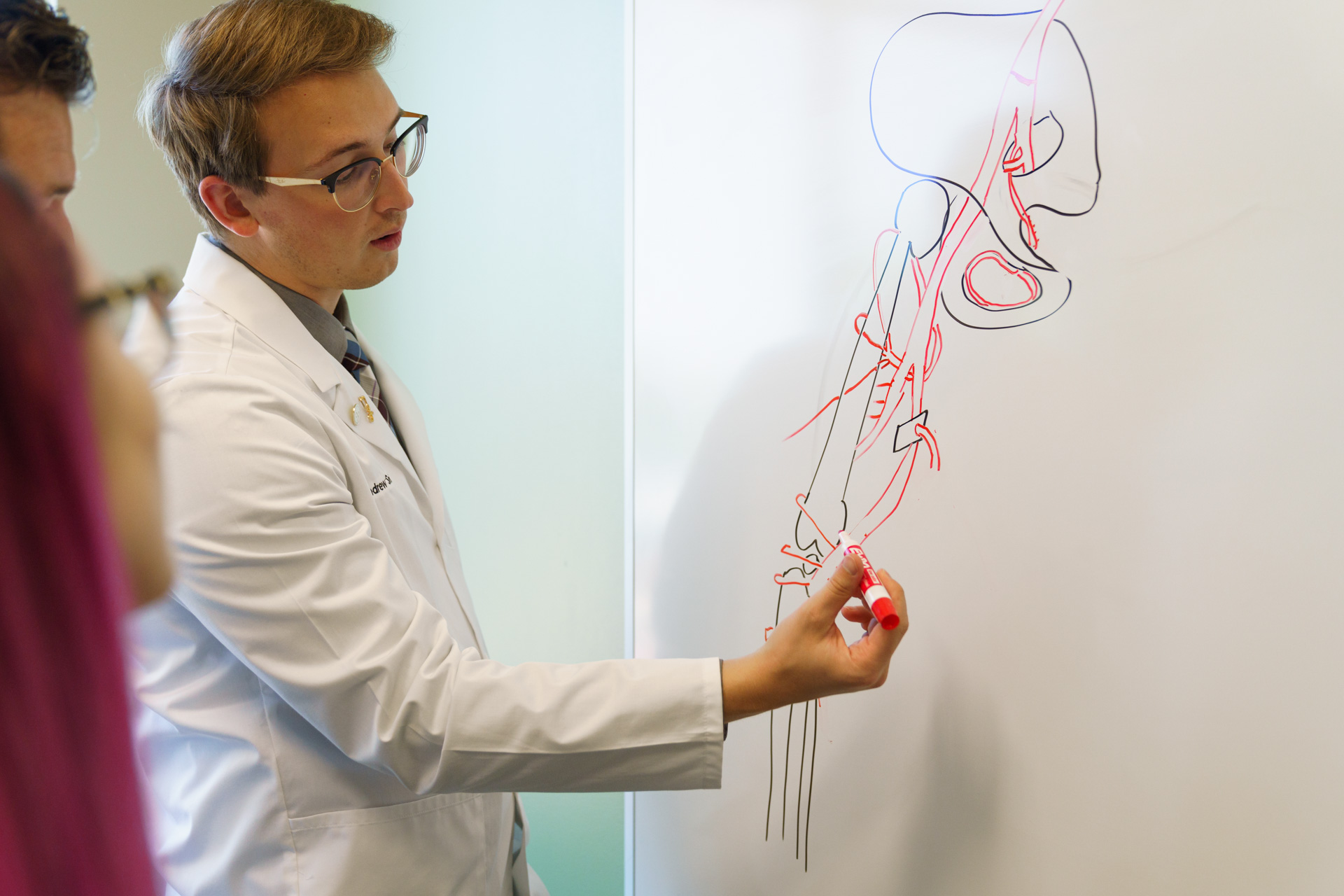
Career Skills
It is important to show others that you have the career-ready skills to do your job. Here’s some activities that can develop and demonstrate those skills: Volunteer, Leaderships, Research, Interviewing, Networking, Clinical Competency.
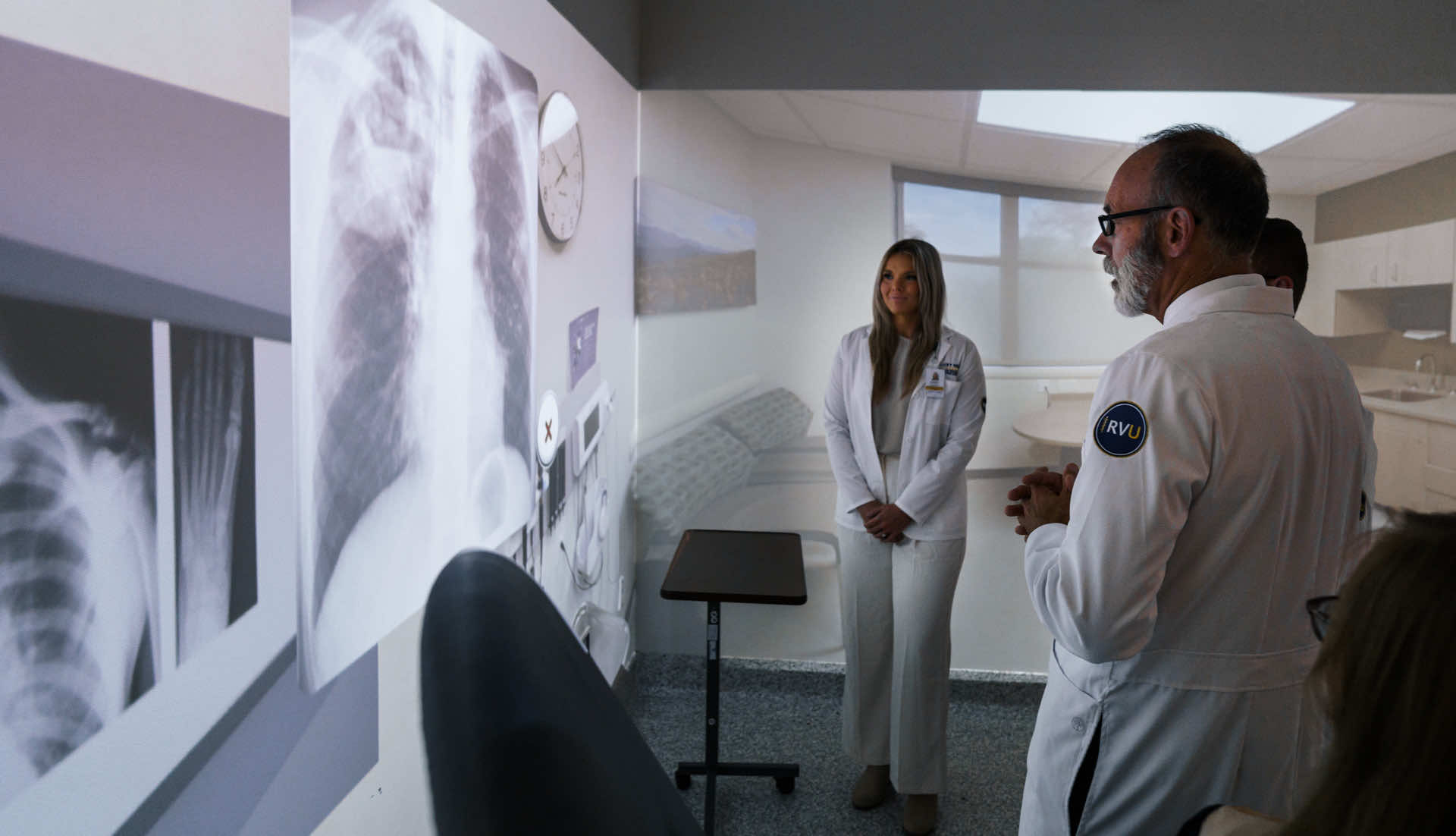
Innovation
Delivering new and creative ways to provide healthcare education while consistently demonstrating compassion, integrity, and excellence.
FAQs
How do I find residencies?
How should I rank programs?
Rank programs in the order of your preference, not on how you feel the program will rank you. The algorithm is set up so you will be matched with the highest program on your list that has an opening for you. If you have questions on this, review the NRMP video on the matching algorithm.
I’m a second-year student; what should I be working on?
By the end of the semester, you will need to complete the following:
USMLE and COMLEX test dates and score goal
3 residency interests
Final curriculum vitae
Student bio
Reflection questions
Final lottery results
Noteworthy characteristics
Portfolio
Board study plan
Should I tell a residency that they are my number one choice?
It’s fine to tell a program that they’re #1 on your list, as long as that’s a true statement and you don’t tell that to more than one program. Programs aren’t allowed to ask you where you’re going to rank them and you’re not allowed to ask them where they’re going to rank you. Both are match violations. However, both applicants and programs are allowed to tell the other voluntarily where they plan to rank them. Be truthful, though: program directors do talk with each other.
For programs that aren’t #1 on your list, tell them how much you liked their program and illustrate that with specific examples. (“I’m going to rank you highly” has become shorthand for “You’re not my #1 program”.)
What are Noteworthy Characteristics?
These characteristics are defined as personal attributes, experiences, and accomplishments supported by verifiable information and summative evaluations. Essentially, these are items that will make a residency program director want to keep reading your application.
Examples include: Achievements in research; Activities to address healthcare disparities; Leadership in student organizations; Community service; Honors and awards; Hobbies that speak to your career interests (writing about medicine, leadership of peers in sports leagues); Peer educating and mentorship; Work experiences before medical school that have influenced your practice
What is the difference between a resume and a CV?
There are several differences between the two:
The ideal resume is one page and is essentially a summary; the CV is typically two pages and is more in-depth
The goal of a resume is to apply for a job; the goal of the CV is to apply for an academic role, scholarship, grant, research, or international position
The resume is more structured, starting with your contact information, includes a summary or objective, and contains sections for education, experience, and skills; the CV is more flexible and includes education, relevant experience, awards, research, interests, and more
What is the MSPE?
It is the formal letter of evaluation that assesses students’ academic performance and professional attributes that all medical schools are required to submit with residency applications. It includes such categories as Academic History, Academic Progress, Noteworthy Characteristics, and a Summary.
What leadership opportunities are available at RVU?
In addition to leading initiatives or individual projects/events, students can gain leadership experience by tutoring, becoming a peer mentor, joining the Class Council or SGA, or leading a student organization or club.
What should I be working on during my first year?
Our advisors recommend first-year students work on the following areas (in addition to coursework, of course!):
Developing a comprehensive narrative of who you are/becoming as a doctor
Completing and analyzing assessments
Answering meaningful reflection questions
Exploring specialty interests
Gaining club/leadership/volunteer/community experience
Planning summer opportunities
Finding networking opportunities
Constructing an organized, useful, and personalized portfolio
What should I include in my CV?
The following sections should be included, if applicable:
Contact information (email address and phone number only)
Education since undergraduate school (only terminal degrees)
Clinical Healthcare Experience (include hours, position, and overview of achievements and responsibilities with an emphasis on patient interaction)
Honors and Awards (including scholarships, grants, fellowships, and assistantships)
Extracurricular Activities and Volunteer Work (include hours)
Teaching and Leadership Experience
Research Experience (including presentations and publications)
Professional Development (such as workshops and conferences)
Professional Licenses and Certifications
International Experiences
Professional Memberships
Hobbies and Interests
Additional Resources
At RVU we pride ourselves in placement. We are here for you as you start your journey into the medical profession with resources and counseling to help you at every turn.
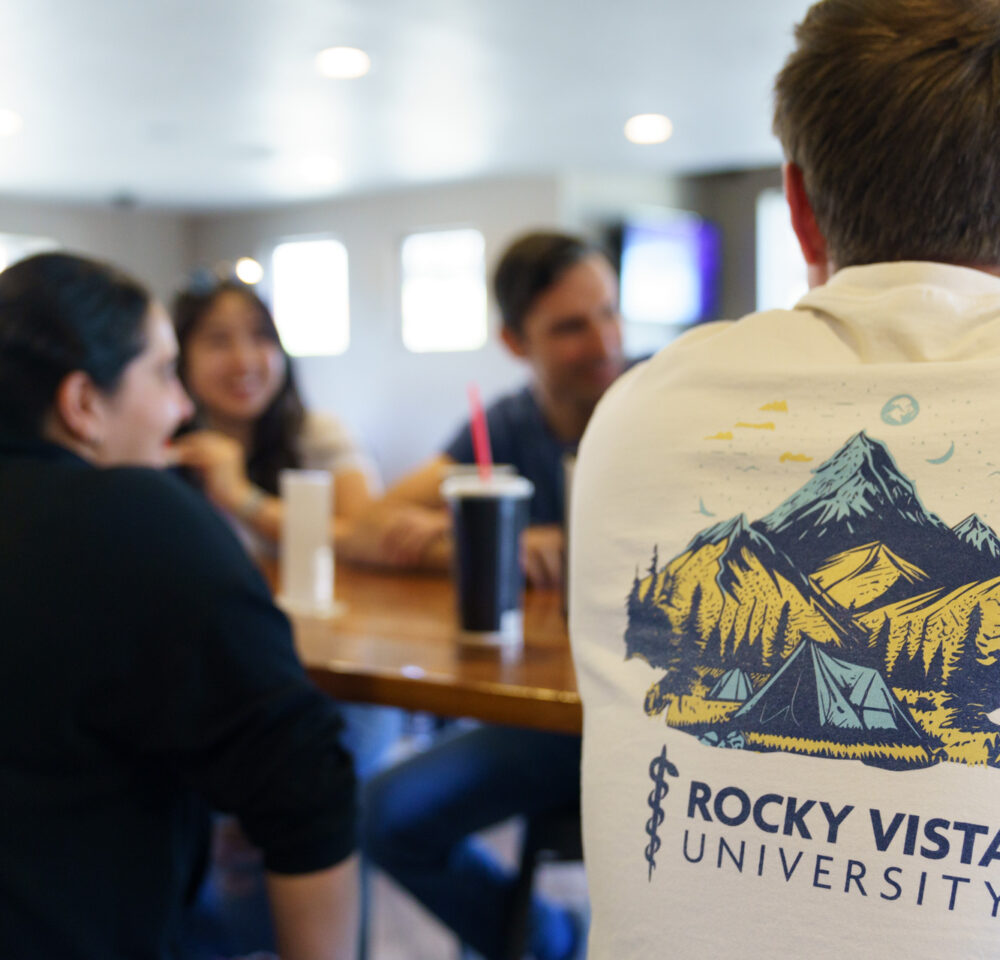
Specialties
Specialties
Career planning and services include resources about different specialties, sub-specialties, NRMP match information and medical student interests groups.
Learn More
Timeline
Timeline
Learn what you will be working on through your 4 years of medical school. This timeline will give you an overview of what your career advising will look like.
Learn More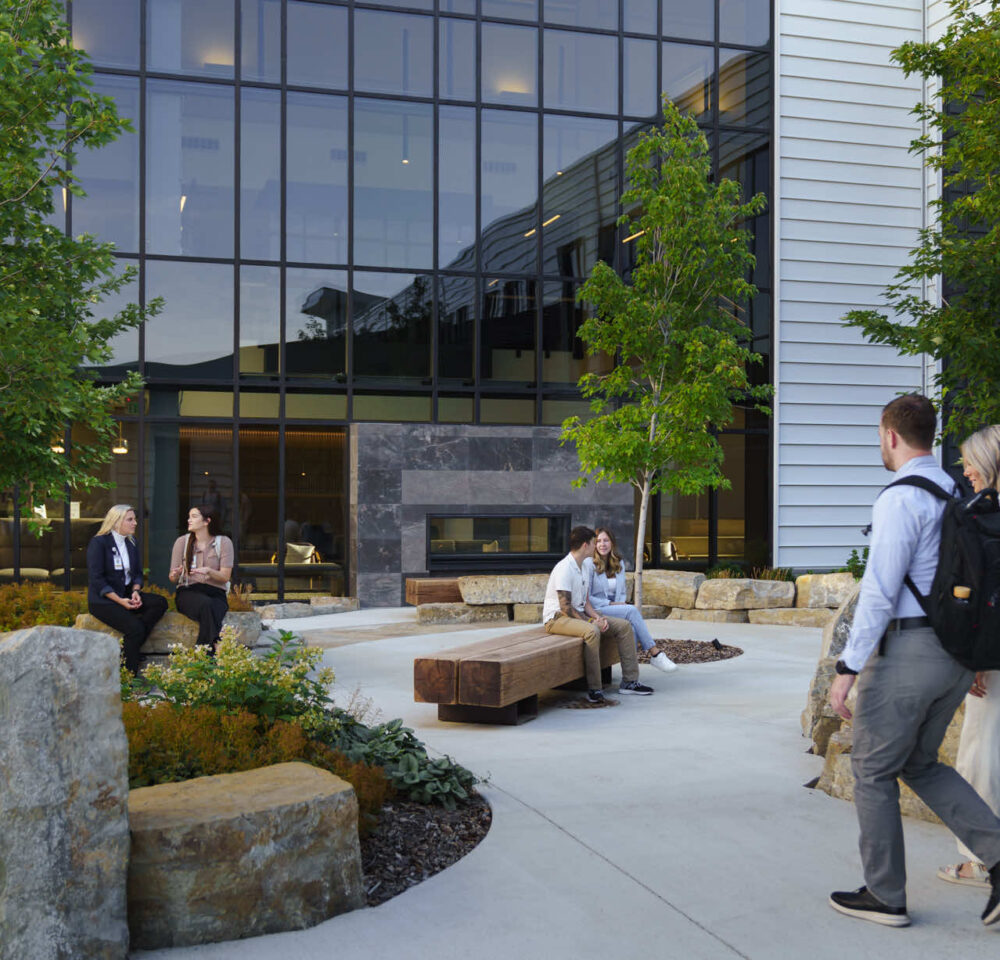
On Campus Mental Health Services
On Campus Mental Health Services
The mental health of our students is a top priority, not only because of the rigors of an RVU education, but also because our students are whole people whom we want to help live fulfilling lives in all facets of their identity. Moreover, healthcare providers who prioritize nurturing their own mental health are more effective in their work with patients and colleagues. Mental Health and Wellness Services provides counseling/therapy to students, provided by campus mental health clinicians, free of charge. Referrals to off-campus providers are made as needed to providers who accept the student’s insurance or who provide services on a sliding scale.
Learn MoreMeet Your Career Counselors
Contact the Office of Student Affairs
Colorado Campus
8401 S. Chambers Road
Englewood, CO 80112
720-262-3964
For faster response, please direct inquiries to: [email protected]
Utah Campus
255 E. Center Street
Ivins, UT 84738
435-222-1241
For faster response, please direct inquiries to: [email protected]
Montana Campus
4130 Rocky Vista Way
Billings, MT 59106
406-901-2719
For faster response, please direct inquiries to: [email protected]
